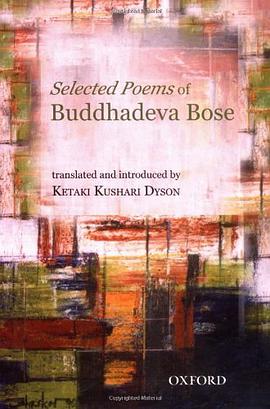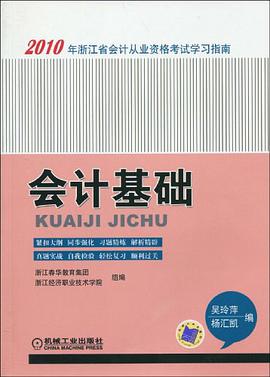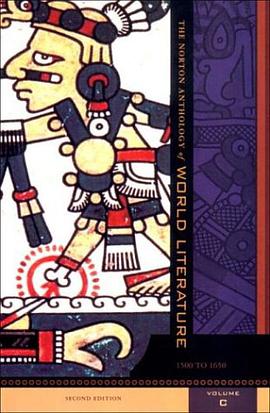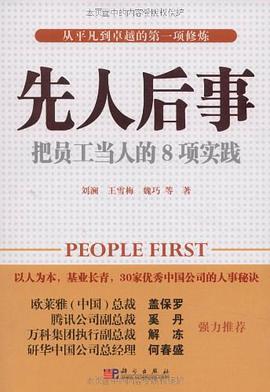

具體描述
Buddhadeva Bose (1908-1974) is beginning to be recognized as the most multi talented amongst the post-Tagore generation of Bengali writers. Like Tagore, he was a versatile writer, comfortable in genres as diverse as poetry, novels, short stories, drama, essays, travelogues, and memoirs. He was also an influential editor and critic, a translator of poetry who had a profound impact on younger poets, a writer for children, and a pioneer in comparative literary studies. He set up the Department of Comparative Literature at Jadavpur University, Calcutta, and held visiting appointments at several American campuses. He came into prominence in the thirties, in which decade he founded the poetry quarterly "Kavita", which he edited for a quarter of a century. This became the leading Bengali poetry magazine of its time and was also an important vehicle for the discussion and review of poetry. Tied to the magazine was its own publishing house, Kavitabhavan, 'The House of Poetry', both run from the poet's home. The apartment in southern Calcutta where he lived and from which he carried on his literary activities became an institution in the city's arts world, and a platform of which poets, anywhere in the world would be proud. By virtue of his magazine and publishing outlet, Bose became the central figure in a cluster of poets who came to embody Bengali modernism. He richly deserves to be known as a major poet of twentieth-century India. A substantial selection of his poems, representing the stages of his development from youth to maturity, is presented here in English translation, with the necessary critical apparatus, by the bilingual poet Ketaki Kushari Dyson, who acknowledges Bose as a mentor in her own literary life.
著者簡介
圖書目錄
讀後感
評分
評分
評分
評分
用戶評價
相關圖書
本站所有內容均為互聯網搜索引擎提供的公開搜索信息,本站不存儲任何數據與內容,任何內容與數據均與本站無關,如有需要請聯繫相關搜索引擎包括但不限於百度,google,bing,sogou 等
© 2025 book.quotespace.org All Rights Reserved. 小美書屋 版权所有




















